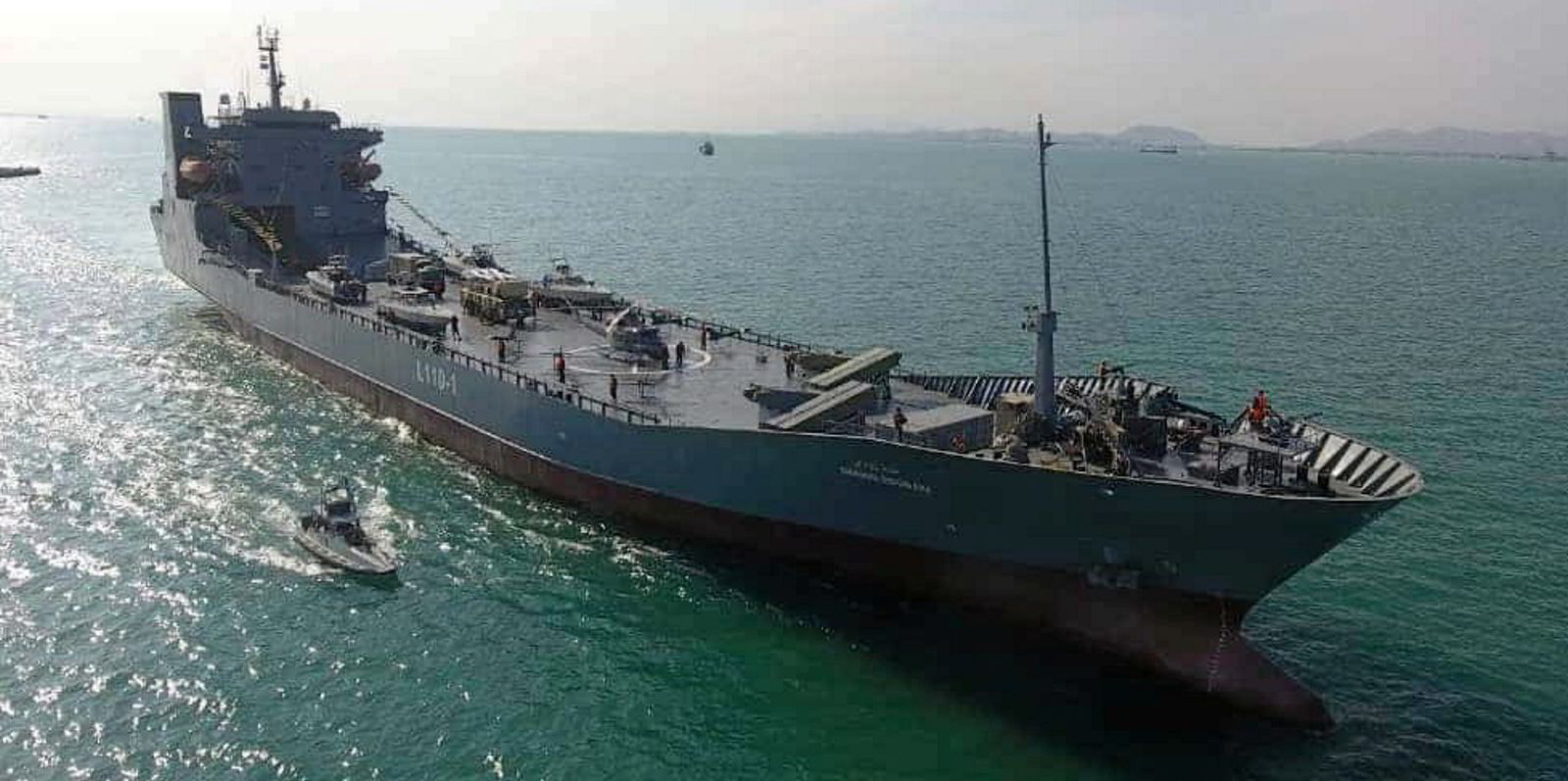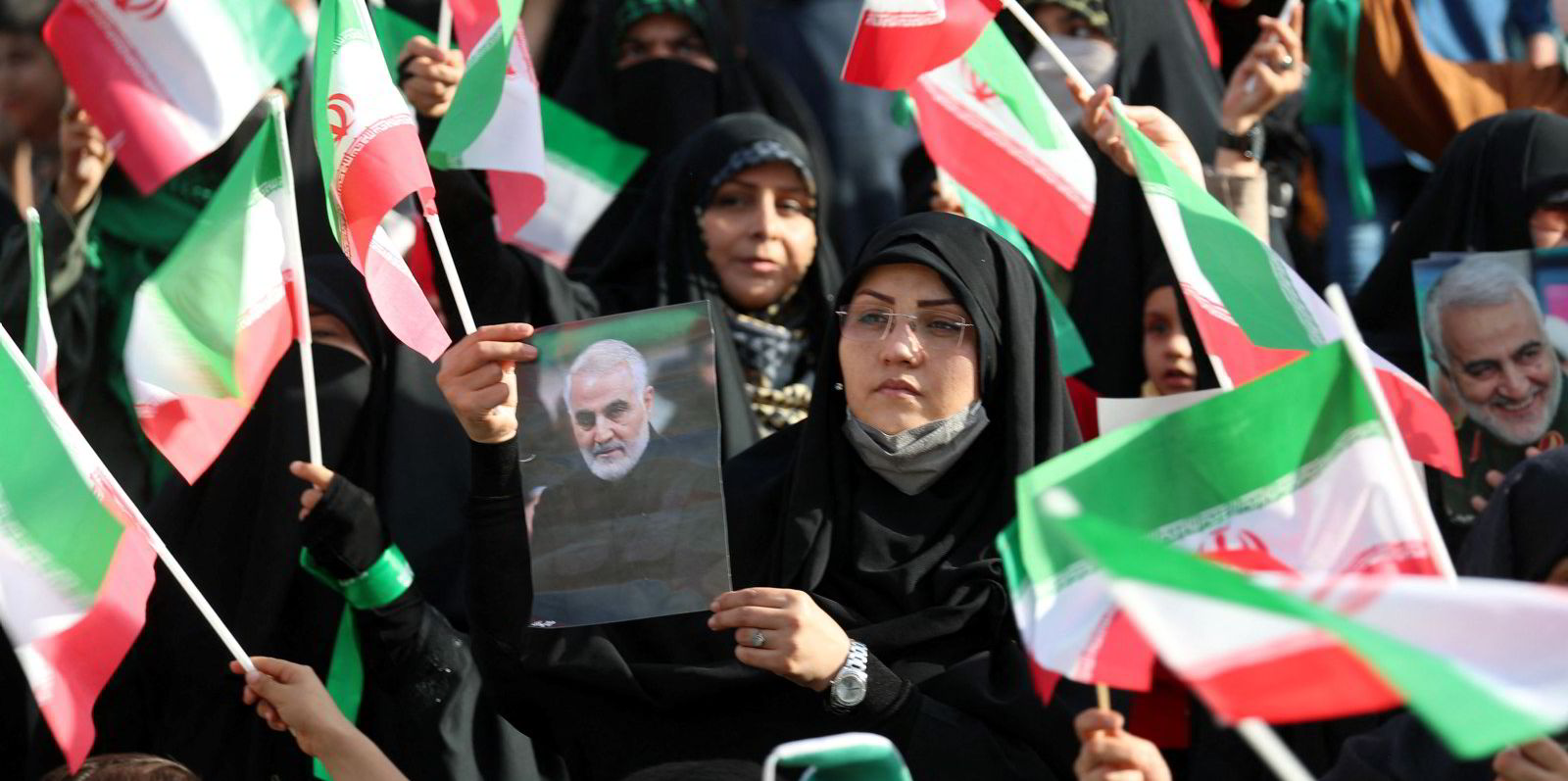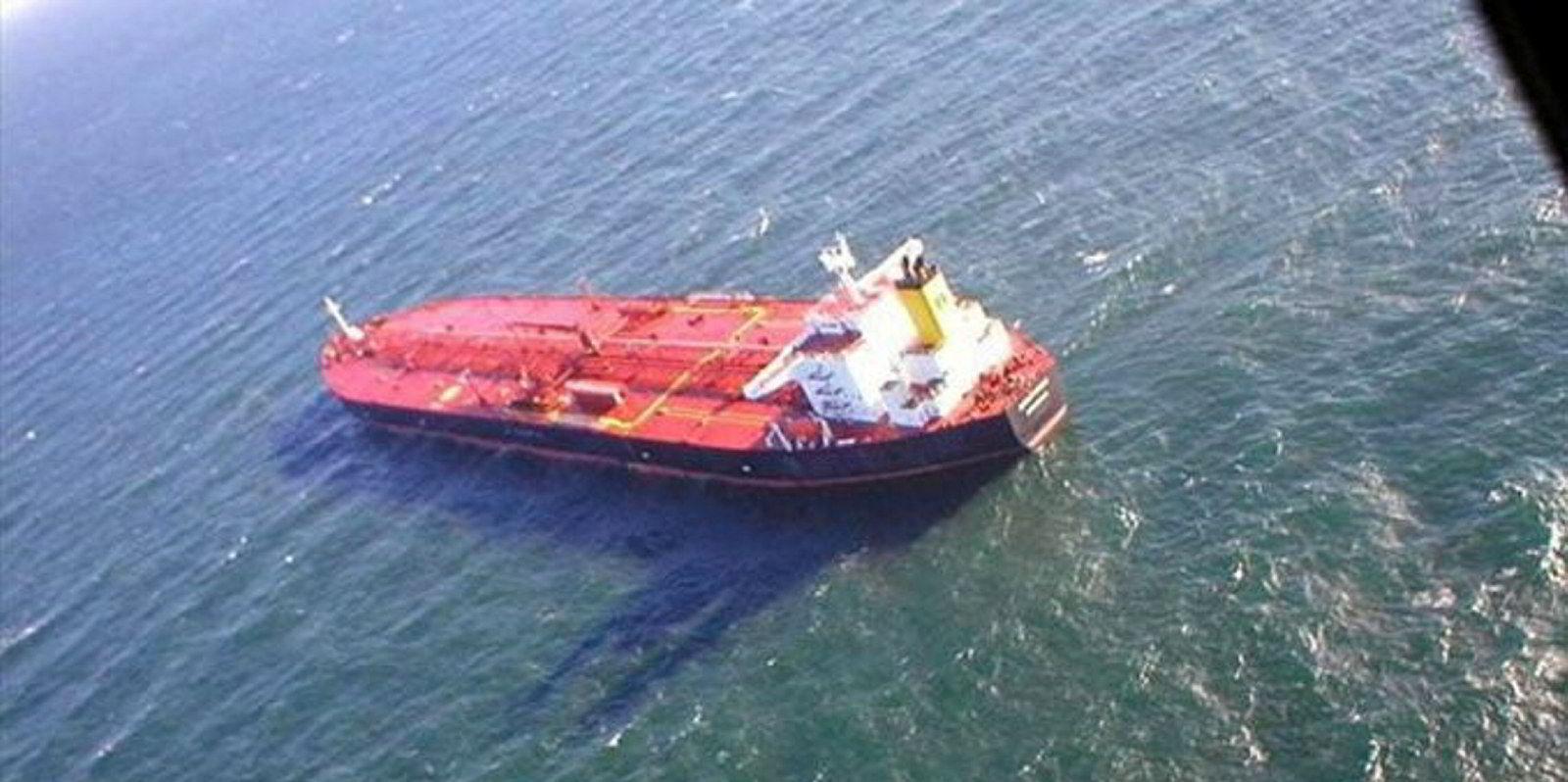Iran’s Islamic Revolution Guards Corps (IRGC) has warned that other Greek-flagged tankers could be seized in the Middle East Gulf “if Greece continues its mischief”.
Shortly after the elite military unit intercepted two Greek-flagged suezmaxes on Friday, Iranian media outlets quoted officials warning that 17 Greek ships were sailing in the Middle East Gulf that could be possibly detained.
Asked about whether this might represent a threat to Greek shipping interests in the region, the Greek government spokesman said in Athens on Monday that all the ships sailing there have been advised to “adjust to this unacceptable situation”.
The IRGC’s threats and rhetoric go against the official reason being given to justify Iran’s seizure of Delta Tankers’ 157,400-dwt Delta Poseidon (built 2011) and Polembros Shipping’s 150,000-dwt Prudent Warrior (built 2017) last Friday.
Iran’s official maritime body, the Ports and Maritime Organization (PMO), said on Saturday that the two tankers were seized due to unspecified “maritime violations”. It added that the issue was under investigation “based on evidence and documents”.
The PMO also stressed that the crews of both ships were not under arrest and were in good health and "being protected while on board in accordance with international law, and they are provided with necessary services”.
Iran has frequently used such vague maritime violations to justify the seizure of vessels flying the flags of countries with which it was engaged in some sort of dispute.
Blame game
The IRGC’s action against the two Greek-flagged tankers is widely believed to have been made in reprisal against Greek authorities after they allowed the transfer to the US of an Iranian oil cargo that was on board the Iranian-flagged 115,400-dwt aframax Lana (built 2013).
The Lana, previously known as the Russian-controlled Pegas, had been seized by Greek authorities in April because the ship was said to be in violation of sanctions against Moscow. The ship became stuck in Greek waters after an engine failure.
Iranian authorities railed against the Greek authorities’ decision, describing it as being part of an “international robbery” and a blatant act of piracy.
Iranian Foreign Ministry spokesman Saeed Khatibzadeh, in a tweet issued on Saturday, highlighted the ancient ties between Iran and Greece, and the “mutual respect” between the people of the two nations.
“Our ties must not be hampered by deeply shortsighted miscalculations, including highway robbery on the command of a third party," Khatibzadeh said.
Greek government spokesman Yiannis Economou told reporters on Monday that the order to remove oil from the Lana was based on a local court decision, which the Iranians failed to appeal against.
According to TradeWinds information, the transfer of the oil cargo from the Lana hasn't been completed yet as its Russian crew is said to not be cooperating.
A manager at Polembros Shipping, the owner of the Prudent Warrior, confirmed to TradeWinds on Sunday that the vessel had been boarded by Iranian port state control authorities on Saturday and its crew was being well treated.
The Prudent Warrior and the Delta Poseidon were in different positions in the Persian Gulf when they were intercepted and brought by force into Iranian waters on Friday.
On Sunday, the ships were ordered to sail to Bandar Abbas. By early Monday, however, only the Prudent Warrior had arrived at the Iranian port. For reasons that remained unclear, the Delta Poseidon was staying put, TradeWinds has learned.
No attempts have been made yet to meddle with the ships' oil cargo.
The IRGC is an elite force that operates separately from Iran’s regular armed forces. It reports directly to the country’s Revolutionary Council and not the government led by President Ebrahim Raisi.





